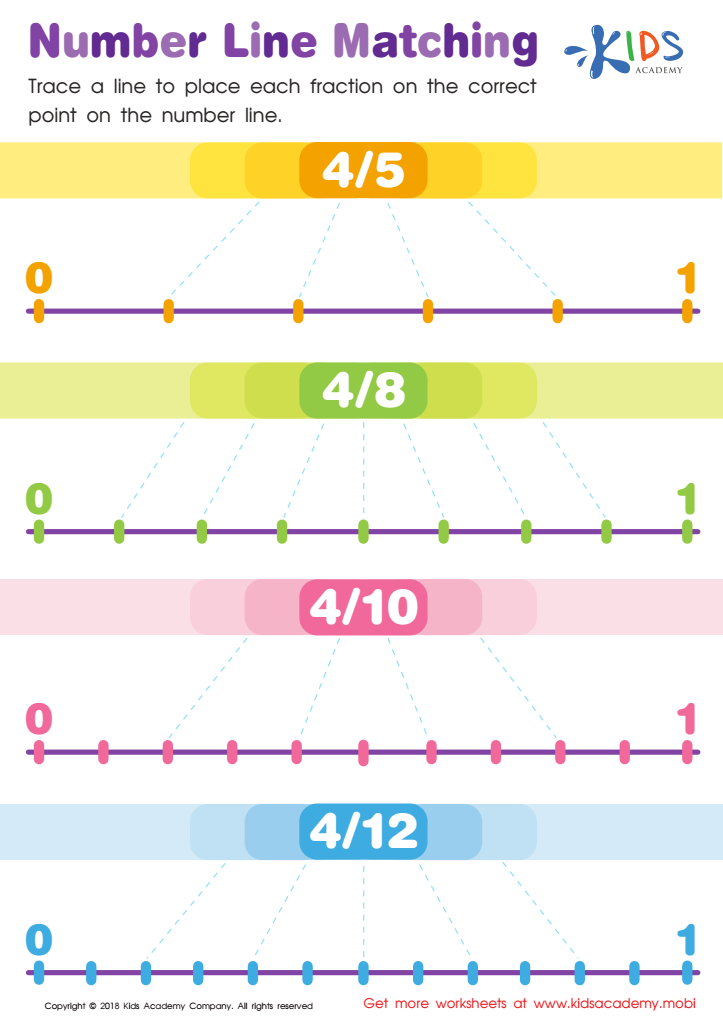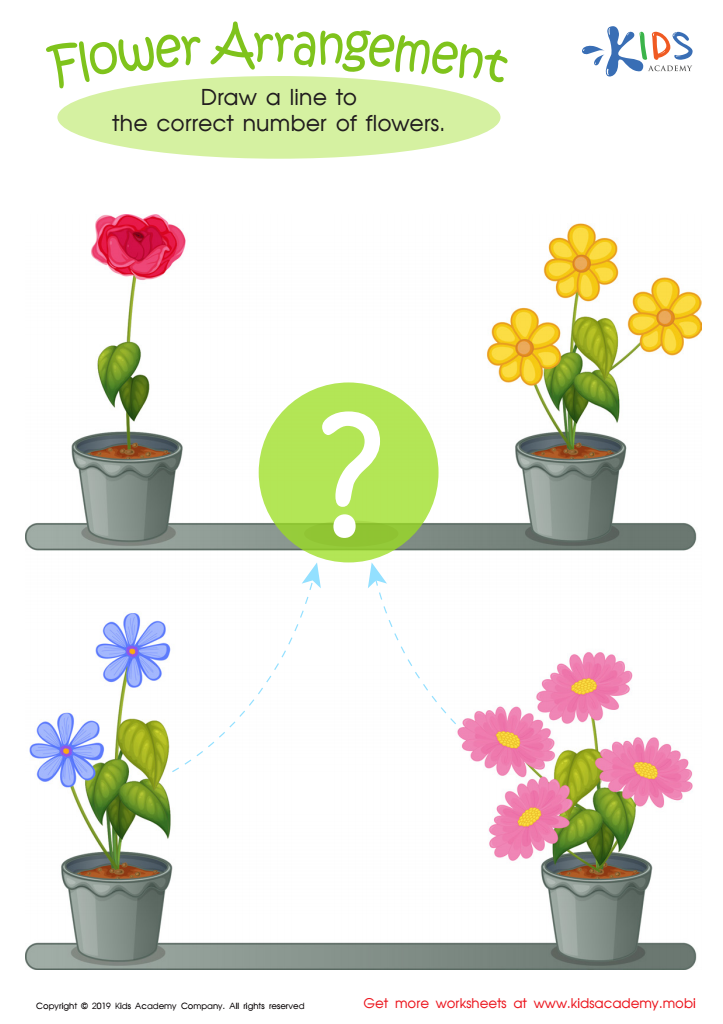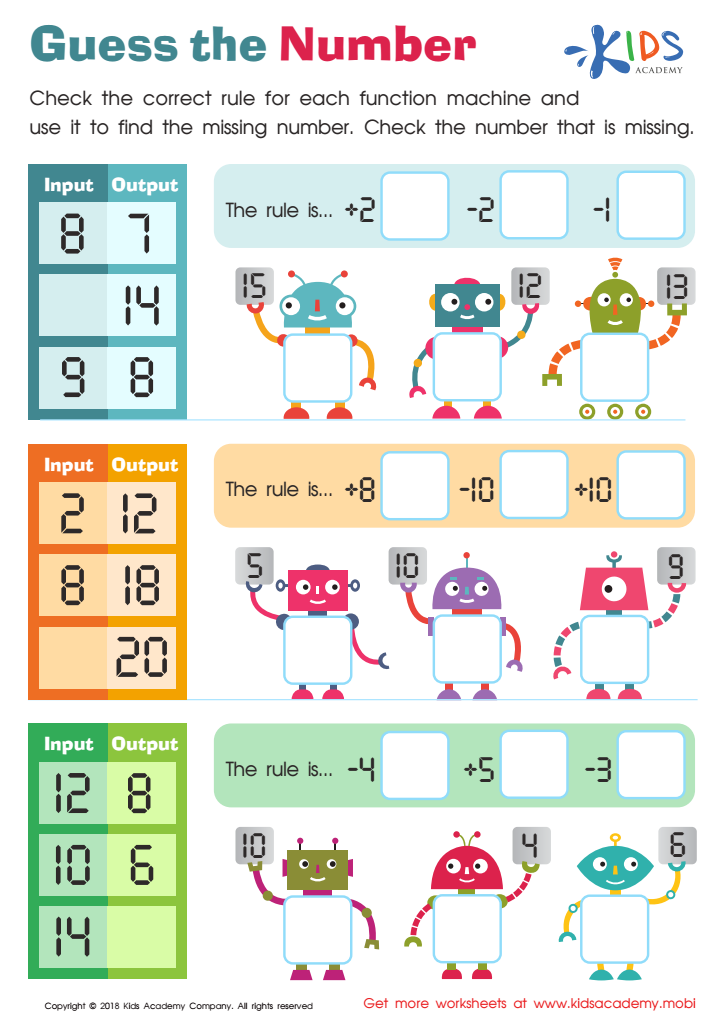Logical Reasoning Normal Numbers Worksheets for Ages 5-8
4 filtered results
-
From - To
Discover our engaging Logical Reasoning Normal Numbers Worksheets designed specifically for children aged 5 to 8. These worksheets provide a fun and interactive way for young learners to develop crucial logical thinking skills while exploring normal numbers. Through a variety of activities, including puzzles and problem-solving tasks, students will enhance their ability to recognize patterns, make connections, and think critically. Ideal for classroom use or at-home learning, these worksheets cater to diverse learning styles and help build a strong foundation in mathematics. Perfect for encouraging curiosity and fostering a love for numbers, our worksheets transform learning into an exciting adventure!


Number Line Matching Worksheet


Flower Arrangement Worksheet


Guess the Number Worksheet


Solve the Problem: Trick–or–treating Worksheet
Logical reasoning skills are vital for children aged 5-8 as they lay the foundation for problem-solving and critical thinking, essential tools for future academic success. Introducing logical reasoning concepts related to normal numbers—like understanding sequences, comparing quantities, and recognizing patterns—helps children develop their cognitive abilities in a relatable context.
At this stage, children are highly curious and eager to make sense of the world around them. Engaging them in activities that involve logical reasoning not only makes learning fun but also enables them to think independently. Through games, puzzles, and simple mathematical exercises, parents and teachers can reinforce these concepts, enhancing children's ability to identify relationships between numbers and develop numerical fluency.
Moreover, strengthening logical reasoning can improve children's performance in various subjects, including math, science, and even language arts, as these skills are cross-disciplinary. By prioritizing logical reasoning, educators and parents prepare children for more complex challenges ahead, fostering resilience and adaptability. Ensuring children possess a solid grounding in normal numbers and logical reasoning can ultimately boost their self-confidence, making them more willing to tackle difficult tasks and fostering a lifelong love of learning.
 Assign to My Students
Assign to My Students






%20(1).jpg)












